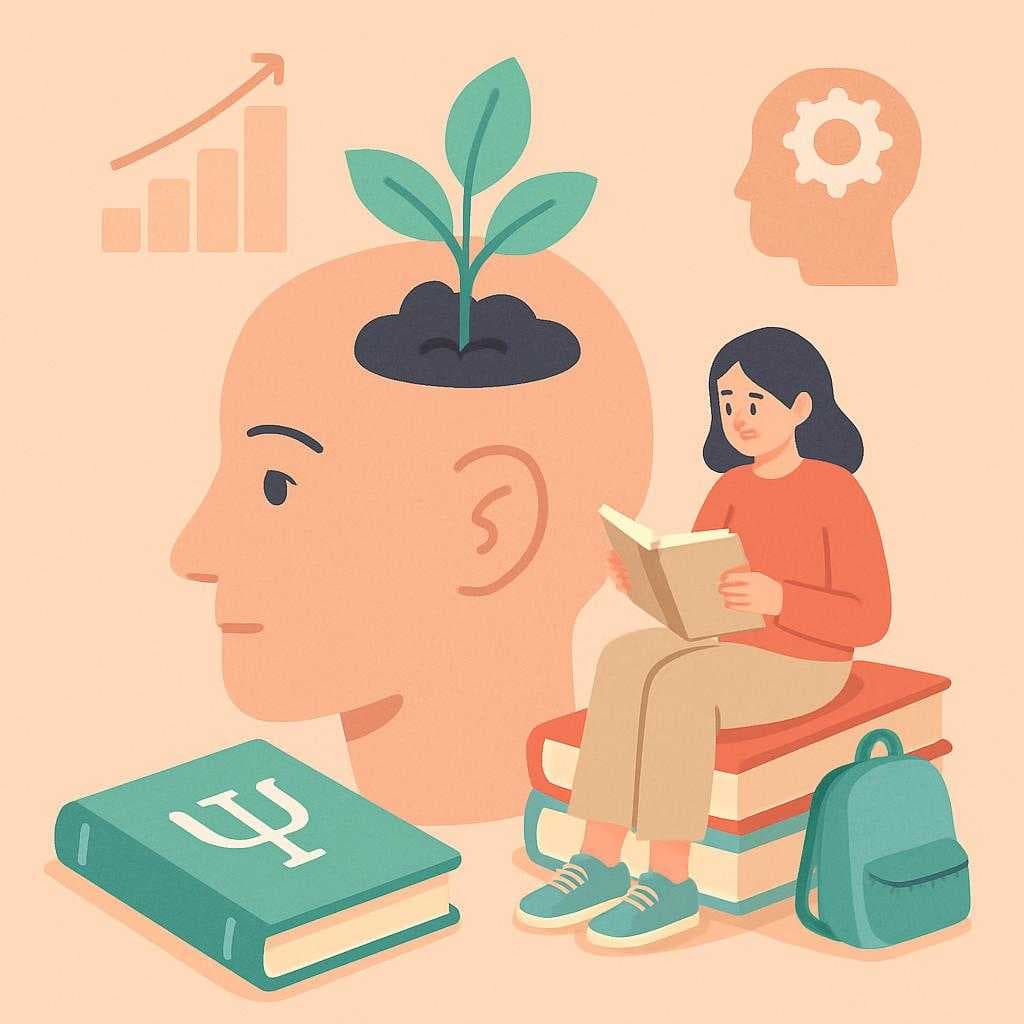The Psychology Revolution: Cultivating a Growth Mindset for GCSE Success
Summary
Unlock your potential in GCSE Psychology by cultivating a growth mindset. Discover how understanding your psychology exam board, whether AQA, Edexcel, or OCR, and adopting a positive attitude can transform your study habits and exam performance.
Studying GCSE Psychology in the UK is a journey that not only explores the intricacies of human behavior but also challenges students to adopt new learning strategies. A crucial aspect of excelling in this subject is cultivating a growth mindset, a concept championed by psychologist Carol Dweck, which can significantly enhance your academic performance.
Understanding Your Exam Board
Before delving into mindset strategies, it’s essential to familiarize yourself with the specific demands of your psychology exam board. In the UK, the three primary boards—AQA, Edexcel, and OCR—each have unique specifications and assessment objectives. AQA focuses on topics like social influence, memory, and psychological problems, often emphasizing research methods. Edexcel covers similar themes but may present them differently, placing a stronger emphasis on application and evaluation. OCR, meanwhile, might prioritize understanding diverse psychological approaches and core studies.
Understanding these nuances will help you tailor your revision strategies effectively. For instance, if your board emphasizes research methods, dedicate substantial time to understanding experiments, ethical considerations, and evaluation techniques.
Embracing a Growth Mindset
A growth mindset encourages the belief that intelligence and abilities can be developed through dedication and hard work. This perspective is especially beneficial in subjects like psychology, where understanding complex theories and concepts can sometimes be daunting.
-
Embrace Challenges: View difficult topics as opportunities to grow rather than obstacles. Tackling a challenging concept head-on, such as Freud's psychodynamic approach or Bandura's social learning theory, can lead to deeper understanding and retention.
-
Persist Through Setbacks: Use past mock exams and feedback as learning tools. If you didn’t perform as expected on a practice paper, analyze what went wrong and how you can improve, rather than seeing it as a failure.
-
Celebrate Effort, Not Just Results: Reward yourself for the effort you put into learning and understanding complex material, regardless of the immediate outcome. This encourages continuous learning and improvement.
-
Learn from Criticism: Constructive feedback from teachers or peers is invaluable. Use it to refine your understanding and approach, especially in crafting well-structured exam answers.
Transforming Your Learning
By aligning your study habits with the requirements of your exam board and nurturing a growth mindset, you can transform your GCSE Psychology experience. This approach not only prepares you for exams but also equips you with lifelong learning skills. Embrace the psychology revolution and unlock your potential today!
